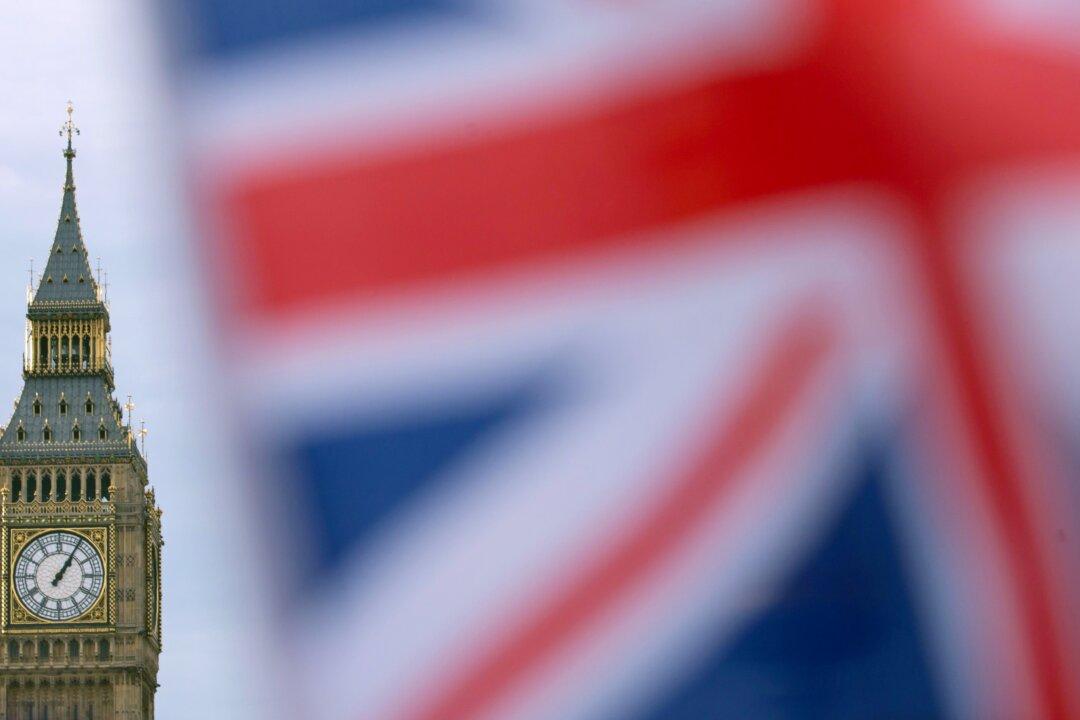The UK government spoke out on Tuesday after eight former and current opposition lawmakers were recently arrested in Hong Kong.
The arrests are in connection with a dramatic scuffle in Hong Kong’s Legislative Council (LegCo) in May as the lawmakers fought for control of a key chairperson position that would determine if Beijing set the agenda for laws in the city.





